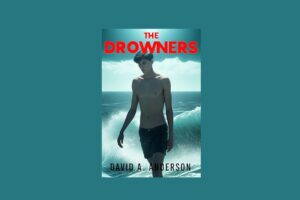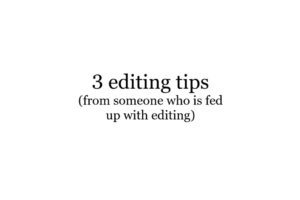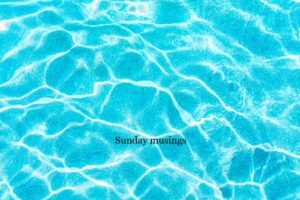A dystopia is generally considered a suppression of the human race in which all who are ruled over are distressed, but are there not people out there who would enjoy such a fate? There must be humans who crave the idea of order, being dictated to and lorded over because they will always know what to expect. Some love to suffer so that they can truly enjoy moments of pleasure. Perhaps there are even those who enjoy the idea of a strict society so that they have something to rebel against; if you love knowing that you are right, wouldn’t living each day with the powerful notion that the governing forces are completely wrong and evil be the most thrilling and satisfying way of life? Or is it all very different in theory to reality?
Authors of dystopian fiction have to be lovers of the frightening ideas that they create. They must feel excitement when planning out the hierarchy of their fictional social system, when figuring out how badly the citizens can suffer and whether they’ll ever be able to escape those who rule over them or not. The readers of these works (myself included) must have something within them that attracts them to such miserable theories and ideas. But is it the ideas themselves that are so alluring, or the fact that they are completely separate from our own way of living?
I enjoy the idea of dystopias and utopias overlapping. As the world is one giant grey area rather than a clear distinction between good and evil, surely there will be certain members of a suppressed society who do not only endure their life but enjoy it due to differing opinions and experiences? Even in a dystopia all human beings are internally individuals.
The reason we are able to feel such disgust over a dystopic society is because we compare it to our own. If we were living in a similar situation for the entirety of our lives, we would not feel so strongly against it. This being said, political rebels in history have often stood up to represent others who are not able to stand up for themselves. If past dictatorships are anything to go by then prolonged censorship always leads to a rebellion, indicating that ‘proles’ must never get anything positive out of being ruled with an iron fist.
But, as I have mentioned, dystopian worlds are predominantly theories and are not a reality. We cannot call such events as the growth of communism an entirely dystopic theme (despite personal opinions and what 1950s science fiction writers tried to tell us) so we have no real evidence in which to analyse the idea that some citizens of a dystopia could actually be content. Sudden drastic changes in politics and ways of life can be distressing, but what if it remains that way for hundreds of years? What if a dystopia were to be more concrete and complex than a single psychotic dictator?
It would be interesting for a novel to be written in which two people in the same situation have differing opinions on what is happening to them, and not just because one has Stockholm Syndrome. Instead of being incredibly obvious about who’s the good guy and who’s the bad guy, science fiction could look to the varying depths of psychology and sociology for a unique angle on a familiar genre.



Leave a Reply